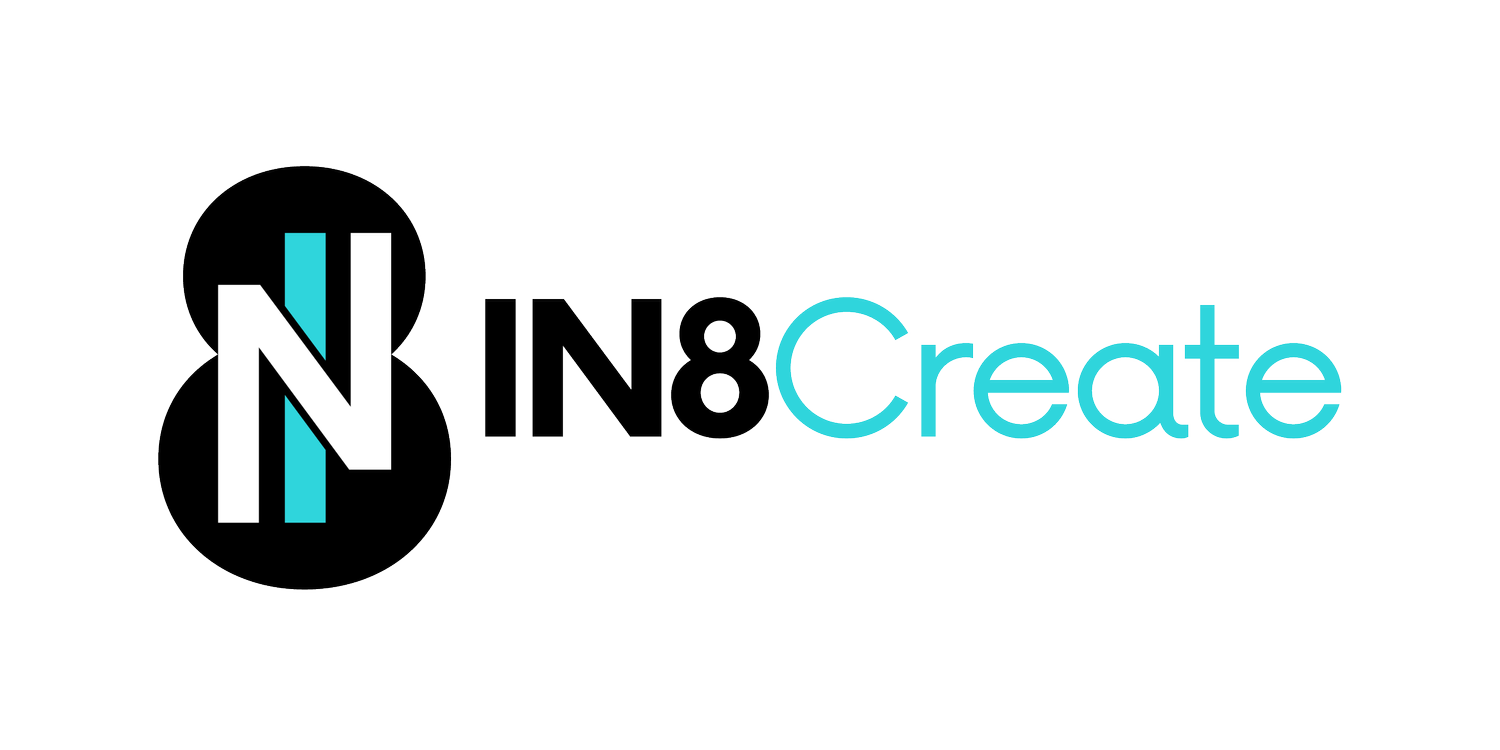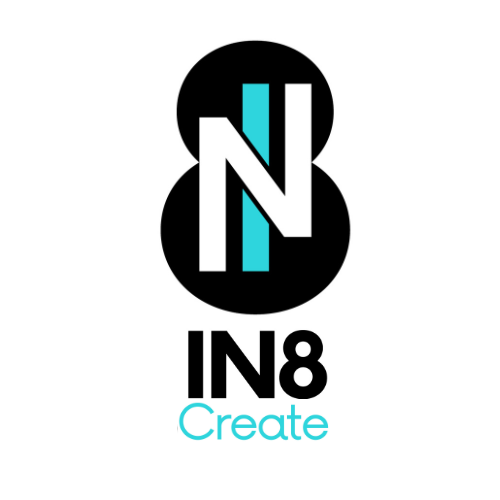The Scoreboard Effect: How to Build Team Standards That Stick
Use Core Constants for Unwavering Foundations
Elbows flying. Ridiculous hero shots. Fouls called on plays that are usually just good defense.
This is what happened at my basketball class a couple weeks ago. It was weirdly intense, and usually this group plays really well together. I mean, we even pay to have a coach! So what changed?
There was a scoreboard.
That was it. One of our coaches thought it would be an interesting experiment, and boy, was he right.
The Scoreboard Effect
You see, this class I take is about running offense. We usually never keep score, and the feedback focuses entirely on making GOOD plays. By good plays, I mean making the right next pass, not forcing things, working the offensive system, supporting each other, and taking smart shots—not heavily contested drives or hero ball.
But suddenly, with numbers flipping on that scoreboard, everything changed. Players who normally moved the ball started hunting for their shot. Team-first mentalities vanished. The very behaviors our coach had been drilling into us for months disappeared the moment we started tracking points.
Sound familiar?
My coach said it perfectly after the session: “Just having that scoreboard made you all selfish. It's not coming out again." He'd proven his point in real time—even good players with solid fundamentals will abandon everything they know when you change what gets measured.
The Workplace Scoreboard Problem
You have to keep score at work, at least sometimes. Revenue targets, project deadlines, customer satisfaction metrics—they all matter. But here's what we've learned from decades of research: the right behaviors matter more than short-term outcomes.
Wells Fargo kept score with aggressive sales targets. The result? Millions of fake accounts and a reputation crisis that's still unfolding. Enron kept score with stock prices and quarterly earnings. We know how that ended.
Even in our personal lives, we're constantly told to focus on the journey, not just the destination. Build the habit, not just chase the goal.
This is true because while outcomes matter, behaviors matter more. The problem is that scoreboards have a way of making us forget everything we know about sustainable success.
So How Do You Measure Behavior When Outcomes Matter?
By building the scaffolding first.
Before the pressure builds. Before the scoreboard goes up. Before quarterly reviews or crunch time or whatever your equivalent of "game day" looks like. You construct the framework that will hold you steady when everything else gets chaotic.
We call these Core Constants at IN8 Create.
Your Team's Core Constants
Just like physics has fundamental constants—the speed of light, gravitational force, Planck's constant—that remain unchanged regardless of circumstances, teams need their own set of unchanging operational standards. These Core Constants define who you are and how you work at your core, remaining stable even when external pressure dials up.
Because here's the thing: when the scoreboard appears (and it always does), having these foundations set becomes even more critical.
Think of Core Constants as scaffolding for your team—a support structure to lean back on while delivering the work that actually matters. The projects will change, the deadlines will shift, and there will always be more work. But how you work, if done right, sets the tone and determines the real outcomes.
The Scoreboard Will Always Be There
That basketball scoreboard taught me something important: you can't eliminate competition or measurement. But you can decide ahead of time what you'll measure and how you'll respond when the pressure builds.
Your team needs those same foundational agreements. Not just for the easy days, but especially for when the stakes get real and everyone's natural instincts start taking over.
The question isn't whether you'll face pressure—it's whether you'll have the scaffolding in place to handle it while staying true to who you are as a team.
Need help building your team's Core Constants? We use LEGO Serious Play to make this process engaging, memorable, and surprisingly efficient. Your team will literally construct their operational scaffolding together, creating agreements they'll actually remember when it counts. Give us a call today.



